 https://steponecharity.co.uk/wp-content/uploads/2025/09/Website-News-Headers-2024-1.png
355
700
Isaac Mann
https://steponecharity.co.uk/wp-content/uploads/2024/02/step-one-wellbeing.svg
Isaac Mann2025-09-12 09:52:112025-09-12 09:52:11Walking for a Cause: The Journey Behind the 300,000 Steps
https://steponecharity.co.uk/wp-content/uploads/2025/09/Website-News-Headers-2024-1.png
355
700
Isaac Mann
https://steponecharity.co.uk/wp-content/uploads/2024/02/step-one-wellbeing.svg
Isaac Mann2025-09-12 09:52:112025-09-12 09:52:11Walking for a Cause: The Journey Behind the 300,000 StepsStep One have teamed up with Amity Vets to help raise awareness of the mental health and well being issues within the veterinary profession.
While it might sound like fun to work around pets every day, veterinarians and people who work with animals face particular stressors that can place them at risk for depression, anxiety and even suicide.
According to research, vets are more than twice as likely as other medical professions to take their own life. Around four times more likely than the general public. This figure just scratches the surface of a group of professionals that are suffering from low morale, poor mental health, depression, burnout and compassion fatigue.
Why is this?
Vets commonly attribute their psychological distress to problems at work, specifically:
Work intensity
Vet-work is fast-paced, with much of the time spent standing, skipping breaks, finishing late, or being on-call on nights and weekends. The hours are long and lonely. In rural locations, veterinarians may be on call 24 hours a day, seven days a week. This way of life can drain one’s hobbies, family, and social life. When your entire life is based on your job and it is taken away, such as during a pandemic, it can be devastating.
Compassion fatigue
Perfectionism is common within the veterinary profession. However, this can make the times when they come up short feel all the worse. A perfectionist culture, whereby you try to exceed your client’s expectations and put your client’s well-being before your own can make asking for help difficult and encourages you to hide feelings which can ultimately have a detrimental effect on your mental health and well-being.
Performance anxiety
Dealing with high expectations of pet guardians can be extremely tough for vets. Taking a blood sample? Owners will expect you to get it right first time. Running diagnostics? The expectation is that you’ll get to the bottom of things. Need to fix a broken bone? Fix it or you’ll disappoint.
Euthanasia
Performing euthanasia can be emotionally draining, often happening several times a day. The out-pouring of emotion from owners is intense to witness. Vets are deeply compassionate people and to be faced with suffering and death on such a routine basis can be exhausting.
”The system is not built properly to sustain the health of individuals and there is a lack of infrastructure to support vets mentally, emotionally as well as psychologically.” – Dr. Lennon
What can we do to support our local vets?
We understand that if you are not in veterinary medicine, it can be hard to understand how vets feel. However, it is a good idea to at least reach out and check in on your family and friends who work in the veterinary profession or simply visit your local vets for a quick catch up. Maybe you can provide some of the support they’ve been reluctant to reach out for.
If you are visiting your local vets soon, don’t forget to treat them with kindness and respect as you would to a friend or family member. It’s important to be aware that vets, compared to other professions, are twice more likely to take a life compared to the medical profession and four times more likely to take their life compared to the general public.
Where to get help:
Veterinarians do so much for our pets, so it’s important we give them the support they deserve. It’s important to know that help and resources are available. If you or somebody you know may be facing a crisis, please use either of these mental health helplines below:
VetLife Helpline
Vet Helpline is a listening service for vets, vet nurses, students and any family or colleagues who are concerned about someone in the veterinary community.
Phone number: 0303 040 2551.
Samaritans
Samaritans provides a round the clock safe place for anyone struggling to cope, whoever they are or however they are feeling.
Phone number: 116 123
Email: jo@samaritans.org
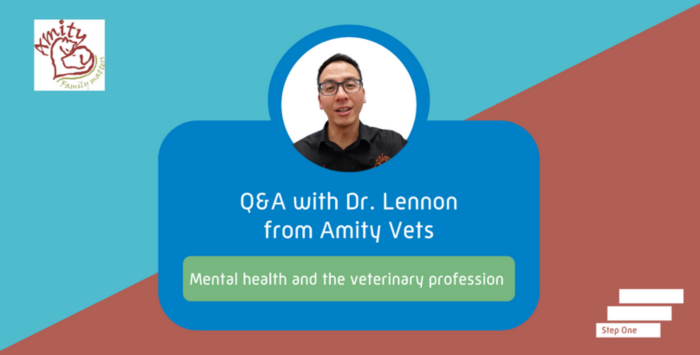

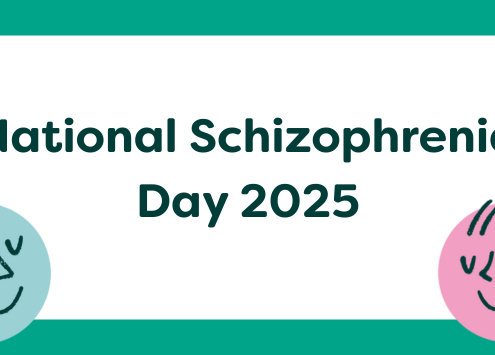
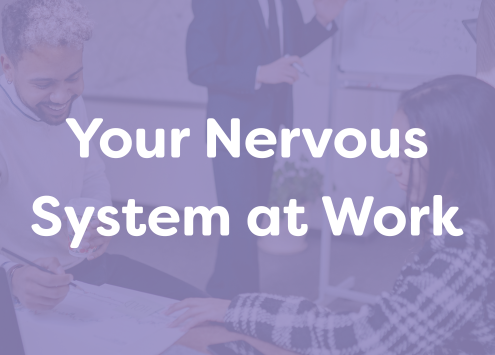
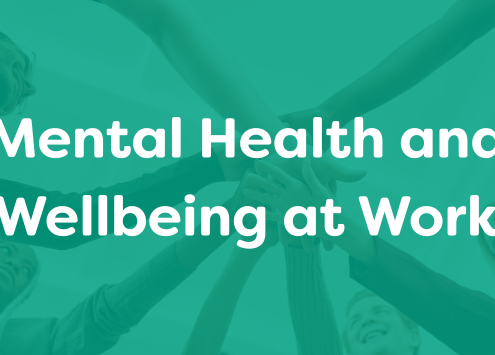
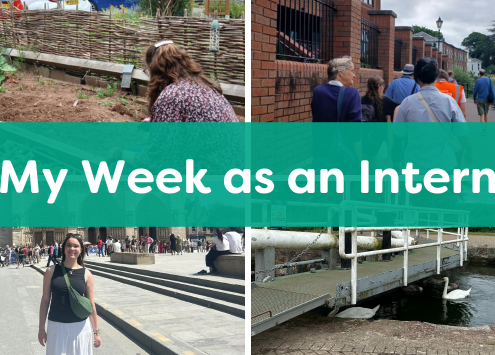

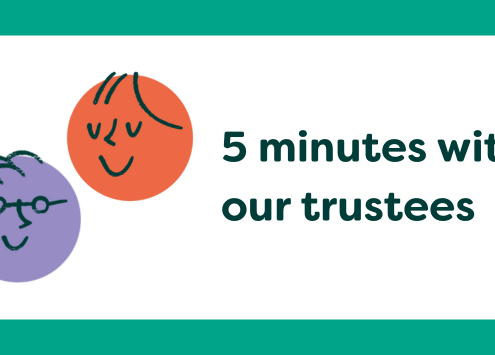
![Graphic with quote reading: “You met me at one of the most difficult times and seeing the difference you’ve made is amazing [...] Please keep doing what you do. You change lives.”](https://steponecharity.co.uk/wp-content/uploads/2025/04/Website-News-Headers-2024-33-495x355.png)

